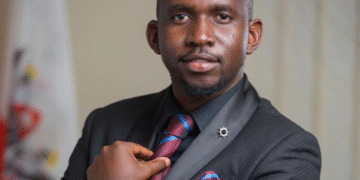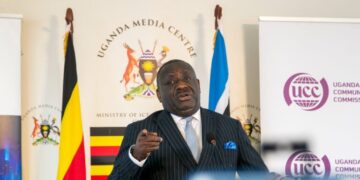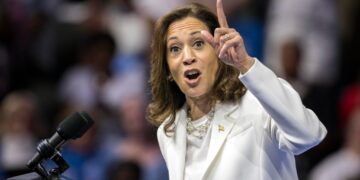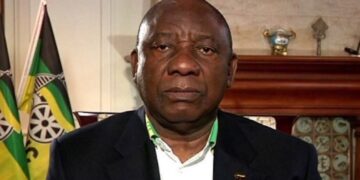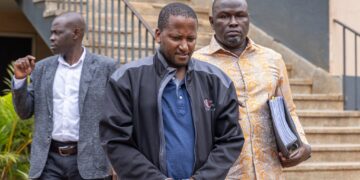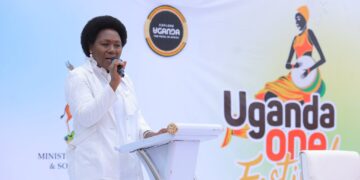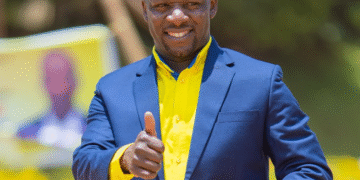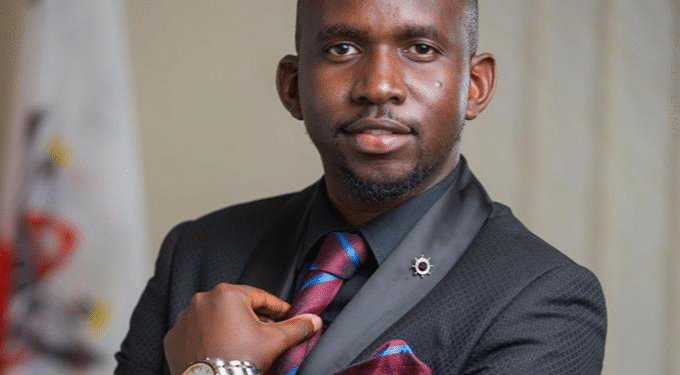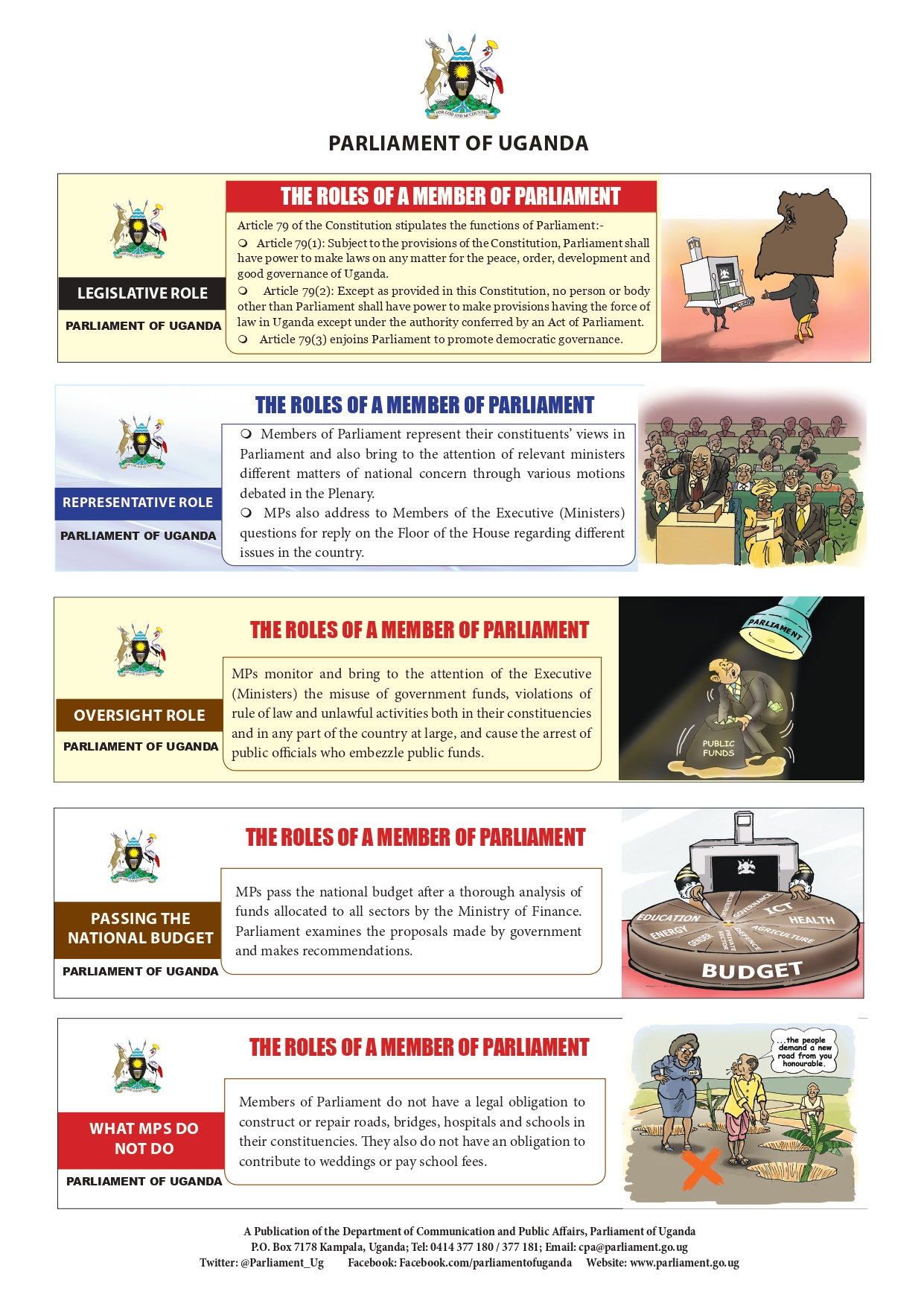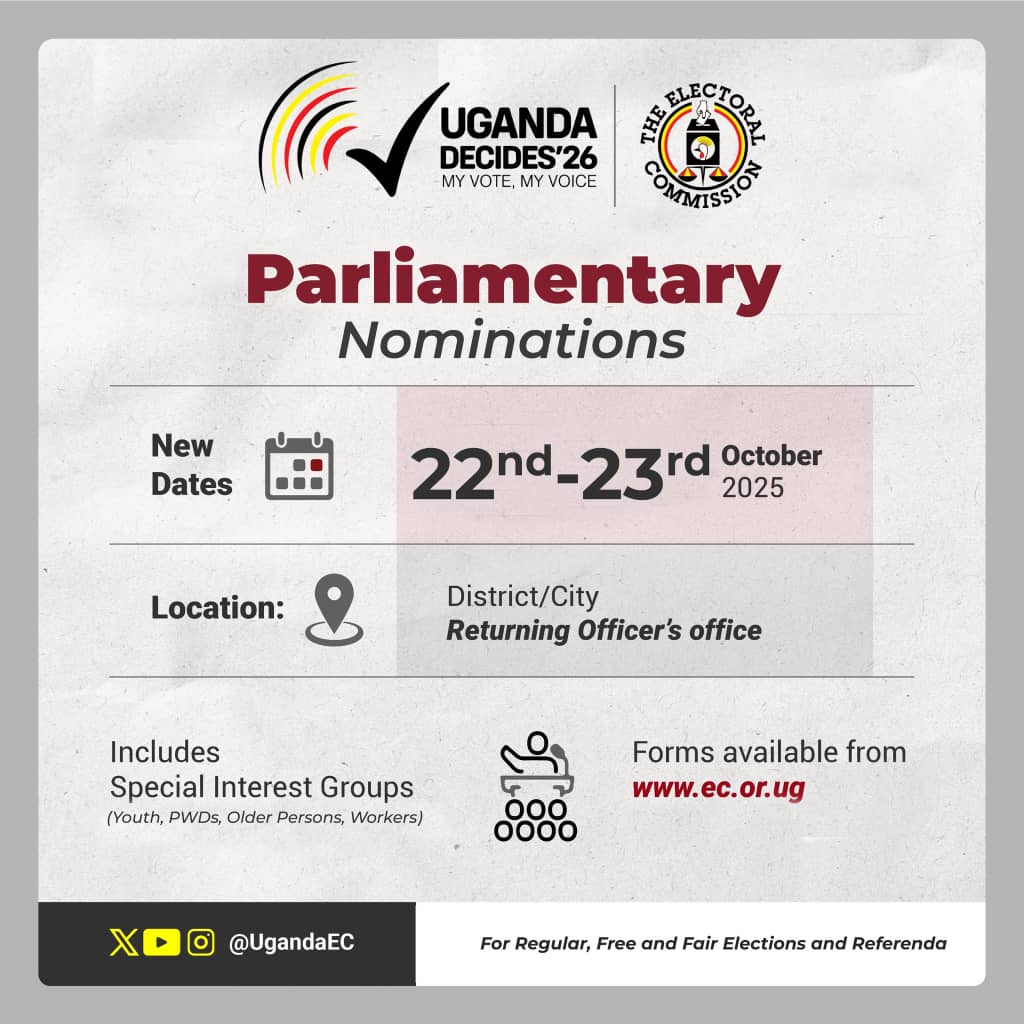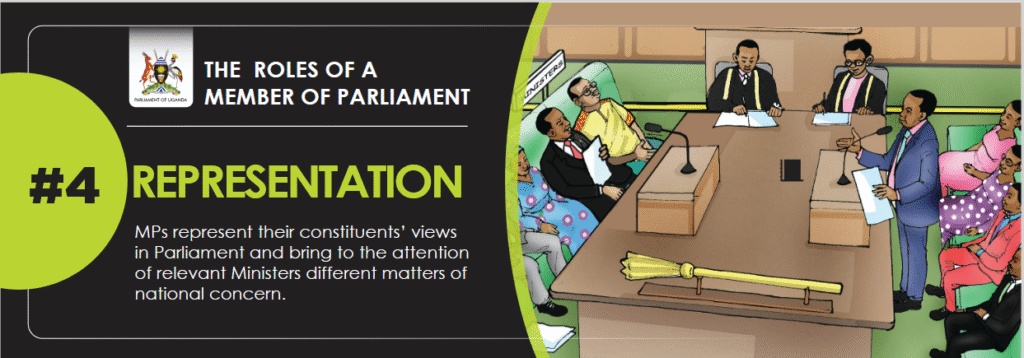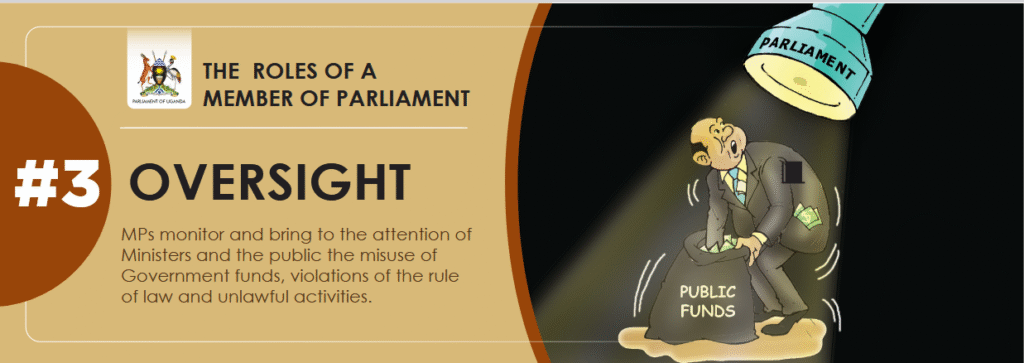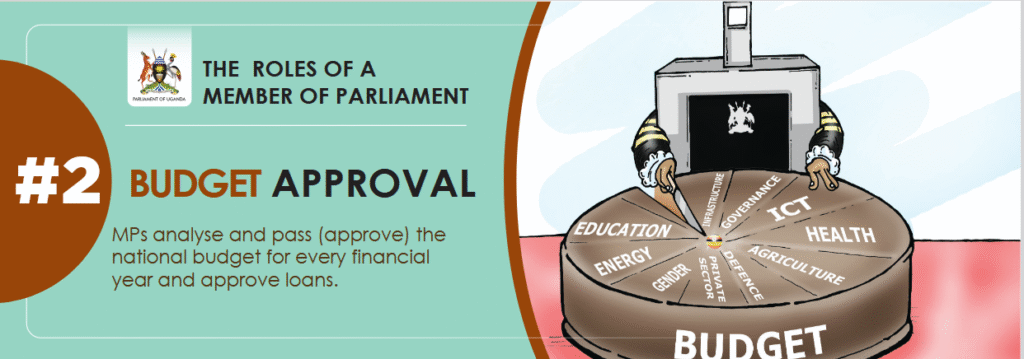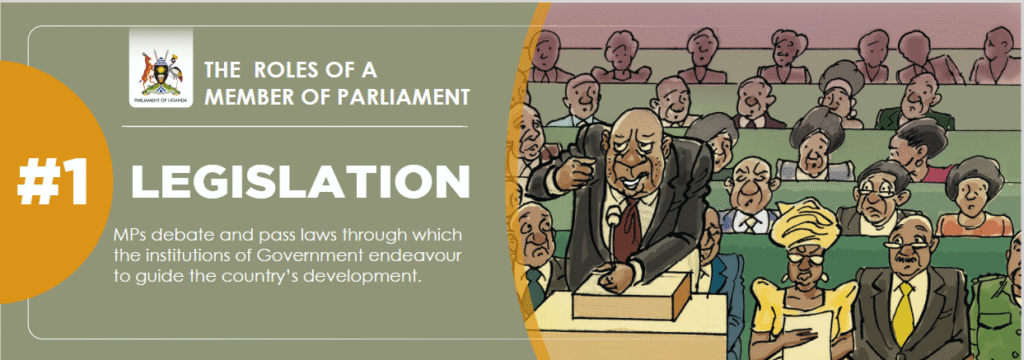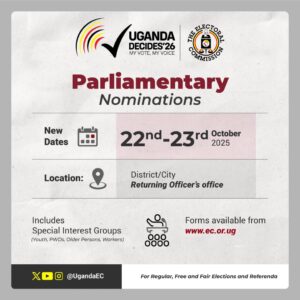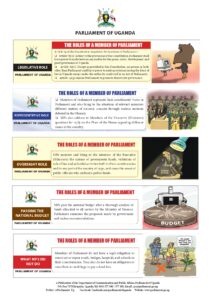By Simon Ssenyonga
At the centre of the proposed National Policy on Religious and Faith Organizations (RFOs) is the question of registration of religious and faith based organisations. The main perpetrator of this unpopular policy, Canon Aaron Mwesigye and his fellow henchmen against religious liberties in Uganda have chest-thumped aggressively with a condescending attitude towards the “Balokole” (or popularly known as pentecostals) in a bid to control them using an illegal law/policy.
What was their main strategy? Disenfranchise the Registrar General of Companies of his supervisory powers over religious institutions registered as companies limited by guarantee. Secondly, clone their Religious and Faith organisations Board with ultimate powers to oversee, control and curtail religious institutions. The ‘Board’ was the know-it-all body with sharp dagger to destroy religious autonomy.
Thirdly, they subtly but rather clandestinely pushed for non registration of religious institutions solely on the ground of their spiritual operations. In this, they sought to crown themselves as the experts of spiritual matters and high priests of the moral terrain of religious leaders.
Through their nomenclature maximisation as those filled with the right “ethics and integrity” to control the moral compass (never mind that these main perpetrators have decade old scandals or skeletons in their closets), overstretched their mandate to determine what would be the acceptable and unacceptable standards of worship in Uganda.
FURTHER STRATEGY.
First, they pushed through the “Nambeshe” @JNambeshe Bill (Religious Regulation Bill,2019).
Then, they orchestrated a deliberate move using national media to manipulate or manufacture public consent through tactical “investigative” stories and documentaries to pit the public against the church in order to justify limitation of the freedom of worship under Article 43 based on public interest.
Then, in their misguided “wisdom” or outright folly organised apparent validation meetings or intimidation meetings with select religious leaders to justify their ill-prepared and negative agenda. Evoking article 41 of the Uganda constitution, we shall soon tender public to information requests to understand the agenda, attendance, resolutions and minutes of some of these so-called national consultative meetings.
BLOW AFTER BLOW.
Last week, the high court made a “big beautiful” (in Donald Trump speak) ruling in Swaibu Nsimbe and others vs Uganda Muslim Supreme Council that retaliated our continuous outcry on religious autonomy and debunked their operational move and desire to turn religious institutions into public bodies. This has been part of their continuous campaign on various veiled fronts through carefully selected/prepped individuals, institutions and usage of some government agencies, departments and even Ministries. Where dialogue failed, manipulation followed and intimidation prevailed.
The last nail in their coffin was the recent outright departure and dissent in opinion by their previous ally (both in silence about the policy and open association with the policy), the Inter Religious Council of Uganda. This shook the Directorate of Ethics to the core and in their usual panicky and reactionary mood, called off a pre-validation meeting set for 26th June 2025 at Hotel Africana.
They have lost and continue to lose on all fronts but yet still they still have a few bullets they plan to use which we’re well aware of and we shall keep exposing from time to time. Part of that is to use uncertainty in declaring official positions and usage of false success in a bid to stir unnecessary excitement in veiled repentance to their previous open attacks. In vernacular, it’s called “byooya bya nswa.”
The deeper political move to accentuate institutionalisation of religious bodies as political tool ahead of the 2026 elections is to use isolation and selective representation of the pentecostals as a justification for their evil works. Overall its part of their diversionary strategy. Issue a letter to excite them as you continuously push for a policy in the background. Never forget about the donkey-old pre-election strategies used by the same parties in 2015 and 2018 to target 2016 and 2021 elections respectively.
Is the Attorney Generals letter really a commitment to the protection of religious freedoms in Uganda with a language coached in uncertainty? More questionable is the speed at which the official national daily published the “breaking” story which could be a broader media strategy to manufacture public consent. Where your freedom of worship is subject to further presidential consultation then its more dangerous than a good letter. Deeper interrogation is necessary.
The main success though is the public commitment on a letter that will subsequently be a tool of further engagement on government’s seriousness about protection of the freedom of worship. But regardless, we move. Over to you.
The writer is a lawyer and Director at International Centre for Religious Advocacy and Development
